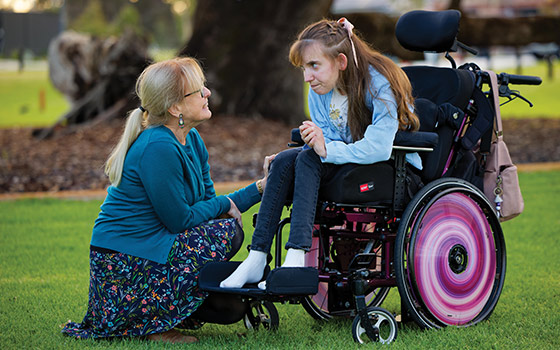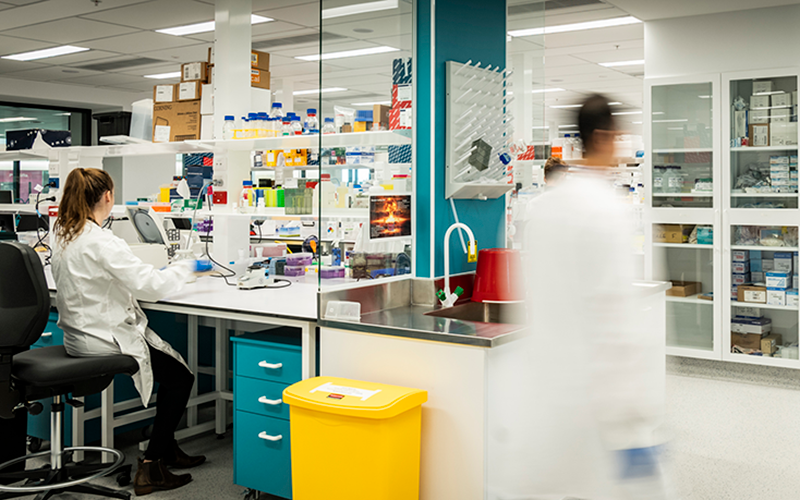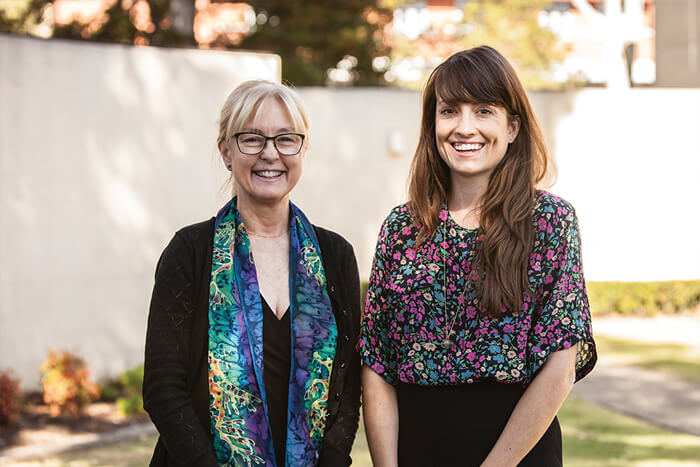Search
Research
Lost in translation: translational interference from a recurrent mutation in exon 1 of MECP2Rett syndrome (RTT) is an X linked neuro-developmental disorder affecting mostly girls. Mutations in the coding region of MECP2 are found in 80% of classic...
Research
NTNG1 mutations are a rare cause of Rett syndromeA translocation that disrupted the netrin G1 gene (NTNG1) was recently reported in a patient with the early seizure variant of Rett syndrome (RTT).
Research
The association between behaviour and genotype in Rett Syndrome using the Australian Rett Syndrome DatabaseThis study compared the behavior profile of cases in the Australian Rett Syndrome Database (ARSD) with those in a British study using the Rett Syndrome...

The Quality of Life Inventory - Disability

AuStralian Collaboration to Enhance Neuro-Development

Research
The Sibling ProjectThe Sibling Project focuses on the wellbeing, relationships and needs of children, adolescents and emerging adults who have a sibling with a developmental disability.

Developmental and epileptic encephalopathy (DEE) conditions are rare, and most have a genetic cause.


News & Events
Funding boost for cancer, antimicrobial resistance, and pain management treatmentsThe Kids Research Institute Australia researchers will share in $2.3 million awarded by the Western Australian Department of Health Innovation Seed Fund.

News & Events
Thinking big to tackle kids’ brain developmentIf there’s one thing modern researchers and health professionals now understand, it’s that for so many diseases and conditions affecting children and adolescents, early intervention is crucial.
